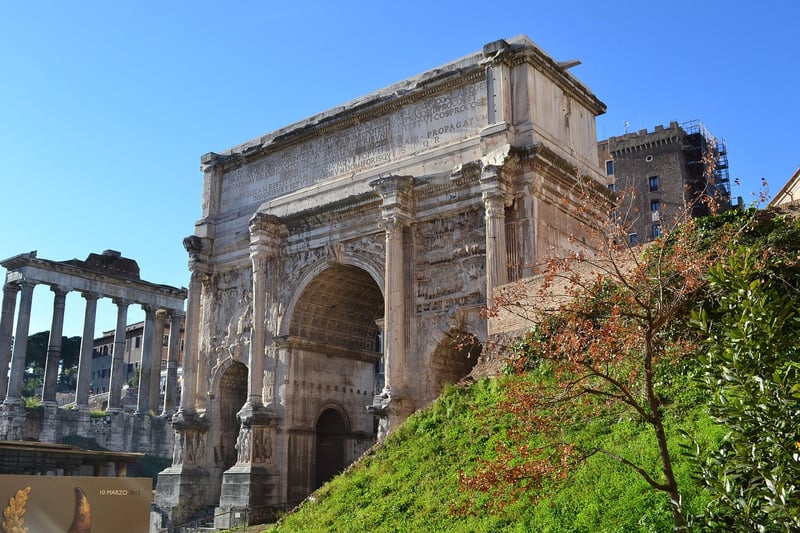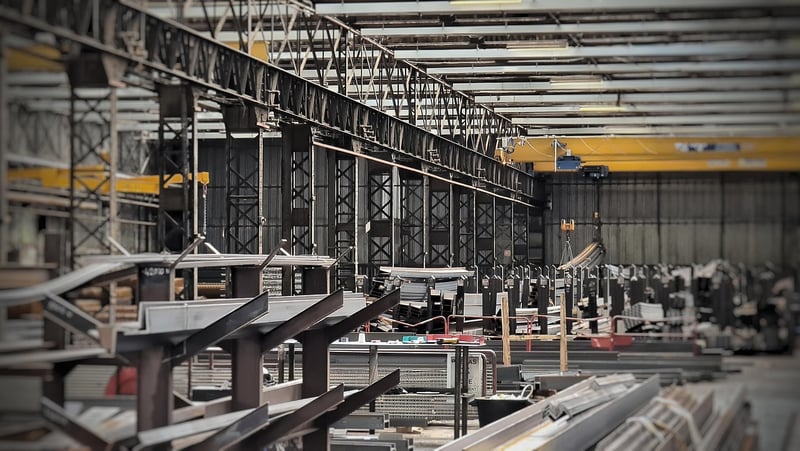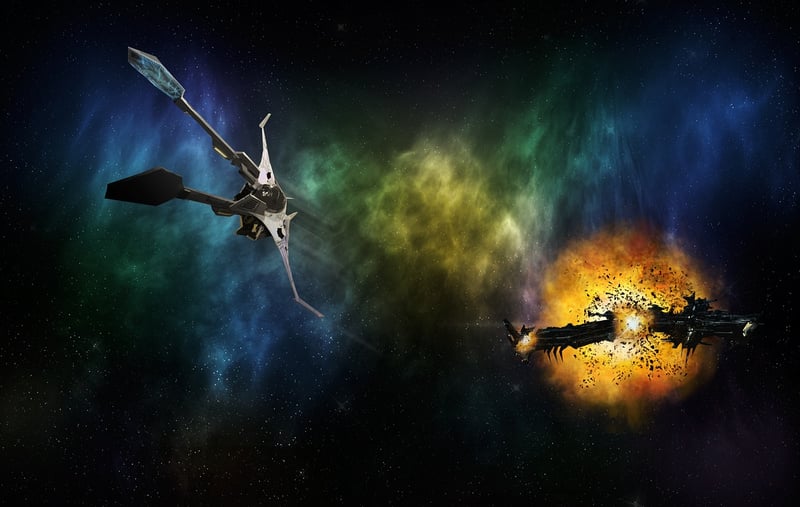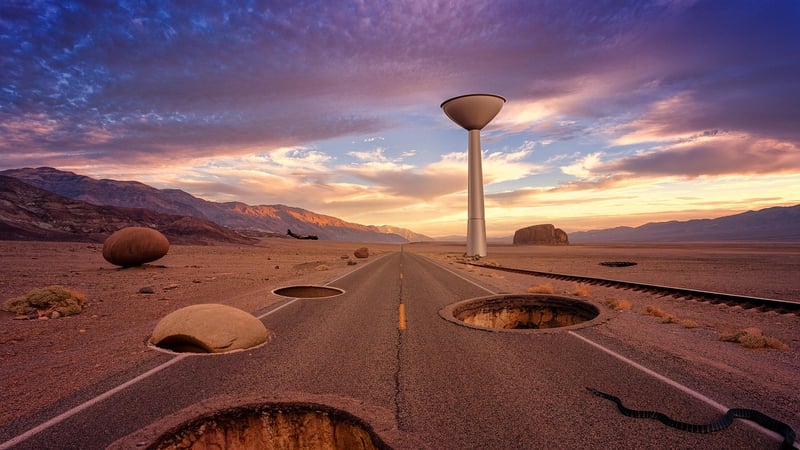Future Dystopia
Exploring Different Eras and the Future Dystopia
Throughout history, humanity has experienced various eras marked by significant cultural, technological, and societal advancements. Each era has its own unique characteristics that have shaped the world we live in today. Let's take a journey through time to explore different historical periods and then delve into the concept of a future dystopia.
Ancient Era
The ancient era, spanning from the dawn of civilization to the fall of the Roman Empire, was characterized by monumental achievements in architecture, art, and philosophy. It witnessed the rise of great empires like the Egyptians, Greeks, and Romans, leaving behind a rich legacy that continues to inspire us.

Medieval Era
The medieval era, also known as the Middle Ages, saw the development of feudalism, the spread of Christianity, and iconic architectural marvels like Gothic cathedrals. This period was marked by chivalry, knights, and the age of enlightenment that laid the groundwork for the Renaissance.

Industrial Revolution
The industrial revolution, which began in the late 18th century, transformed society with the introduction of mechanized manufacturing, steam power, and urbanization. This era marked a shift towards modernity, shaping the way we live, work, and interact with technology.

Future Dystopia
Now, let's fast forward to a speculative future where society has devolved into a dystopian world. In this bleak future, we may envision a society plagued by authoritarian regimes, environmental degradation, and technological surveillance. The concept of a future dystopia serves as a cautionary tale, urging us to reflect on our current trajectory and strive for a better tomorrow.

As we reflect on different eras of history and contemplate the potential future scenarios, it becomes evident that our actions today shape the world of tomorrow. By learning from the past and envisioning a better future, we have the power to create a more just, sustainable, and harmonious society for generations to come.
